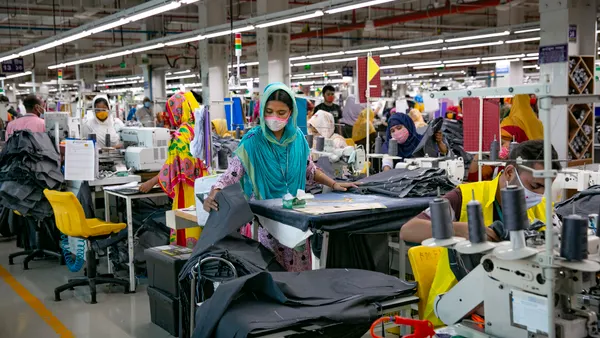Dive Brief:
- Increased packaging costs, especially aluminum, led to an unexpected $167 million (150 million euros) in raw materials spending for Heineken in the second quarter, representing a 5.6% cost inflation per hectoliter of beer, according to the company's CFO Laurence Debroux on an earnings call Monday.
- The company expects these increased costs, which mainly hit the Brazilian market, will subside in the second half of the year, but the company is still expecting a mid-single-digit increase in costs for the year, also driven by higher logistics spending, Debroux said. Input costs rose 8.5% in the first quarter.
- "We’ll continue to mitigate this by driving productivity and cost efficiencies in our operations," she said. Operating profit margin was down slightly for the quarter year-over-year.
Dive Insight:
Heineken's hedges against fluctuating aluminum prices were less successful this year — the company locked in prices in 2018 only to see them fall in 2019, Debroux told analysts. Currency exchanges also hit the beer maker's costs since it pays for Brazilian aluminum in U.S. dollars and Brazilian reals have been falling. But the company's hedges in the latter half of 2019 should work out better, though costs for the year will still be up, Debroux said.
The cost of aluminum has been an issue for beer makers for several quarters now, but other companies' troubles come from a different source. Pete Coors, vice chairman of the Molson Coors Brewing Co, in an op-ed in the Wall Street Journal last week, accused aluminum suppliers of "manipulative business practices" — namely raising prices due to tariffs on Mexican and Canadian imported aluminum and not lowering them once tariffs were lifted.
"Aluminum suppliers and traders are taking advantage of the pricing umbrella that the tariffs put in place. Because tariffs boost prices for part of the industry, the remaining un-tariffed firms are under less competitive pressure to keep their prices low," wrote Coors, calling out Alcoa by name.
Heineken does not have a brewery in the U.S.














